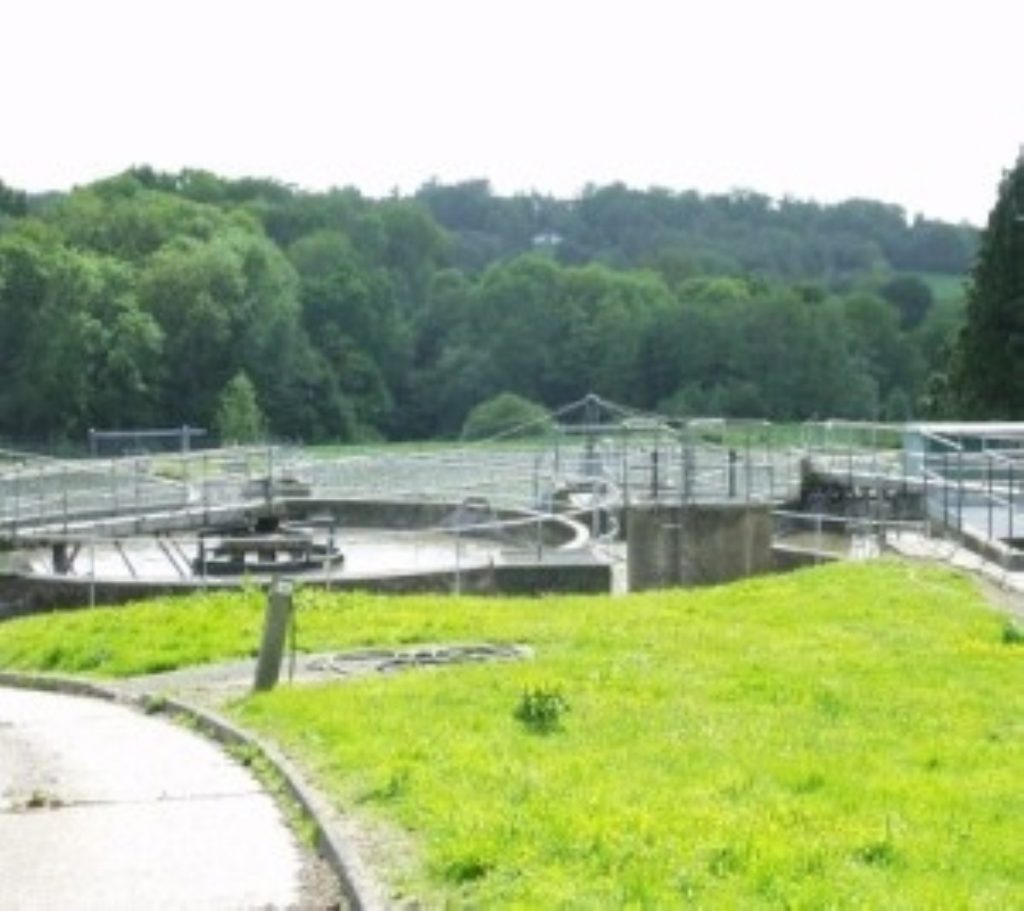Water bills ‘could rise by 31 per cent’
Water bills could rise by an average of 31 per cent if companies have their plans for investment confirmed by the regulator.
The water regulator, Ofwat, announced that it has received the business plans from water companies that set out their expenditure plans for between 2005 and 2010.
If the water companies’ proposals are accepted by the regulator the average household water bill is expected to rise by £72 or 31 per cent plus inflation between 2005 and 2010.
The companies want the extra resources to cover work ranging from investment to prevent sewer flooding and improve the reliability of pipes and sewers, to compliance with little-understood European legislation such as the Shellfish Waters Directive.


Philip Fletcher, Director General of Water Services, commented: ‘If the programmes of works which each company will be expected to deliver remain unchanged from those set out in the draft business plans then there can be little doubt that water bills will need to rise substantially.’
Mr Fletcher warned that there would be difficult decisions facing Ministers to consider whether all of the proposed drinking water quality and environmental improvements are essential, and on the pace of delivery of those they agree are needed.
Mr Fletcher added: ‘There is a clear challenge to water companies to show that their plans represent value for money for the customer and that they are properly sharing the risks. And there is a clear challenge to the quality regulators seeking major water quality and environmental improvements to justify them fully.’
The independent voice of water customers, WaterVoice, argued that future improvements to the water environment should not be funded through increased customer bill alone.
Maurice Terry, WaterVoice Chairman, called on the Government to consider general taxation or taxes on pollutants such as pesticides, rather than simply raising consumers’ bills.
Mr Terry stated: ‘The bill for environmental improvements should be shared between everyone who benefits, and not funded exclusively, as now, by water customers. Under current arrangements, too many water customers will be paying too much for improvements which have too little benefit for them. For example, how many pensioners do we see surfing in wetsuits off the Cornish coast? And yet pensioners in the South West are facing a 22 per cent above-inflation increase in average water bills.’
Mr Terry warned that if the improvements bill was landed at customers’ feet it risked turning customers against the water industry, against the environment and against the Government. It also risked increasing already high levels of consumer debt.
The companies’ final business plans will be submitted to Ofwat in April 2004 and the regulator will issue draft price limits for consultation in July 2004. The final price limits will be set in November 2004, which will take effect from April 2005.












